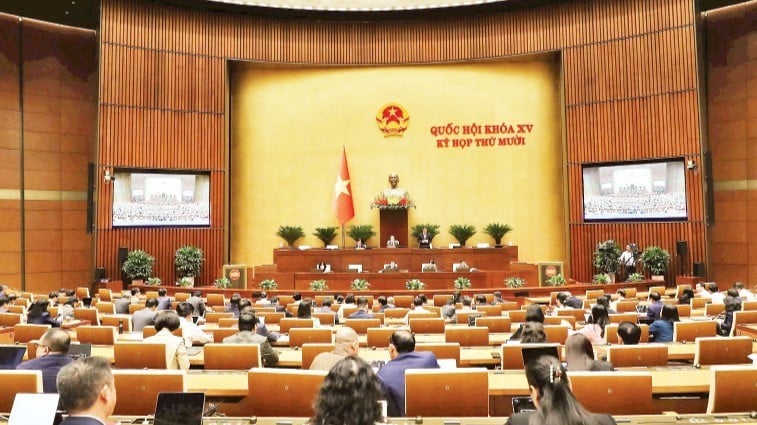
Many National Assembly deputies emphasized the need to define the development of new field laws as a breakthrough “creative” tool, not just a simple “management” tool. The High Technology Law (amended) needs to ensure continuity and stability, but at the same time have a long-term vision, creating a strong enough legal corridor.
Recently, Minister of Science and Technology Nguyen Manh Hung submitted to the National Assembly the draft Law on High Technology (amended), with many new points, aiming to perfect the institution for developing high technology, strategic technology and comprehensive digital transformation.
The draft Law supplements regulations on the development of high-tech urban areas (tech city, smart tech zone) which are places with high-tech zones as the core, planned, invested in synchronous technical and social infrastructure, modern management mechanisms; and regulations on comprehensive digital transformation of high-tech activities, including digitization of data, infrastructure, related policies to operate on digital platforms and smart management systems...
In many recent forums, economic experts have recommended that Vietnam still needs to promote FDI attraction, especially in the fields of high technology and clean technology. When discussing amendments to the Law on High Technology, many National Assembly deputies welcomed the inclusion of the concept of "high-tech urban areas" in the law as a strategic orientation to form a technological ecosystem, linking the "chain" of research and training with production and commercialization.
The content that many delegates mentioned over and over again is that "a good legal framework must go hand in hand with resources and coordination mechanisms", such as in terms of financial resources, it is necessary to clearly state the decentralization/decentralization and responsibilities of ministries, branches and localities to avoid overlap and dispersion.
Many opinions suggest that the law must clarify the inter-sectoral coordination mechanism, the testing mechanism (sandbox) for new technology... Some opinions suggest strengthening control over cross-border technology transfer, while at the same time building a professional science and technology market (technology exchange, technology announcement center) to connect supply and demand, promoting commercialization.
On the other hand, human resources are considered key, so there should be regulations to encourage recruitment, training, and attracting of experts; promote organic connections between universities, research institutes, and businesses...
Some local delegates proposed regulating mechanisms to motivate local innovation and piloting specific mechanisms to enable advantageous regions to become "hot spots" of innovation.
Giving comments in the group, delegate Nguyen Van Manh (Phu Tho Delegation) suggested that the drafting committee study and retain all regulations on high-tech agriculture, high-tech agricultural enterprises and high-tech agricultural zones of the current Law. These specific regulations have been maintained stably for more than 17 years, associated with many laws such as the Land Law, the Law on Urban and Rural Planning, the Law on Government Organization, etc.
Delegate Nguyen Thi Ha (Bac Ninh delegation) expressed the view that if the area ratio or criteria on scale and concentration level of high-tech zones in the overall urban area are not clearly defined, it is easy to lead to the situation of "labeling high-tech" in a formal way, dispersing resources and lacking feasibility.
Meanwhile, delegate Nguyen Tuan Anh (Can Tho delegation) commented on the criteria for determining high technology prioritized for investment and development; stating that the current criteria are still general, it is necessary to add quantitative factors such as the number of patents, the level of added value contribution, the rate of high-quality human resources participating...
Last week, National Assembly deputies discussed in depth the scope and objectives of the draft Law on Digital Transformation, which is comprehensive and inclusive when it comes to digital government, digital economy and digital society. Some deputies expressed concerns that the scope is too broad, which could lead to “overlapping laws” with specialized laws.
The construction of the Law on Digital Transformation must prioritize issues of network security, personal data protection, and user rights, considering this as the foundation for creating trust for the digital society to operate, which is also a major topic of concern.
Many local delegates emphasized the need to balance promoting technology and ensuring digital social security; thereby proposing to add specific regulations on responsibilities and security standards for agencies providing online public services, while at the same time having measures to protect vulnerable groups so that "no one is left behind".
Source: https://nhandan.vn/chinh-sach-du-tam-de-tao-dot-pha-ve-cong-nghe-post921913.html









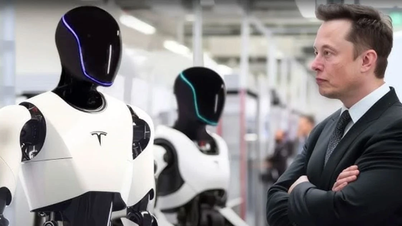









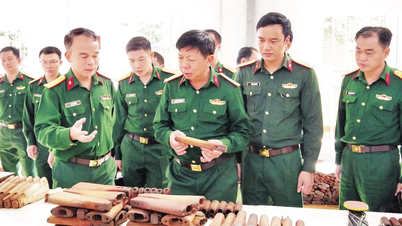



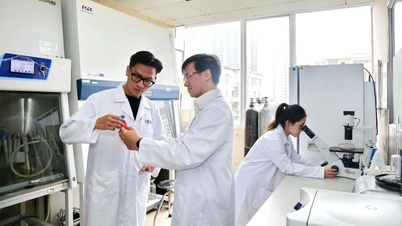
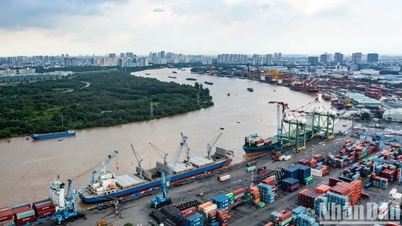






















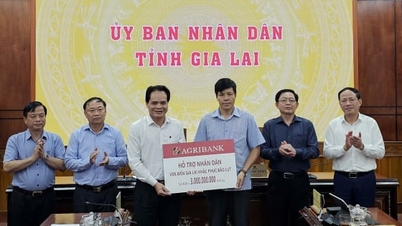
















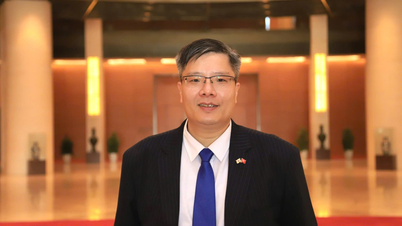




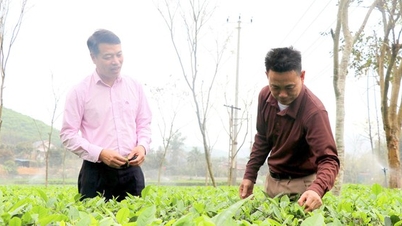

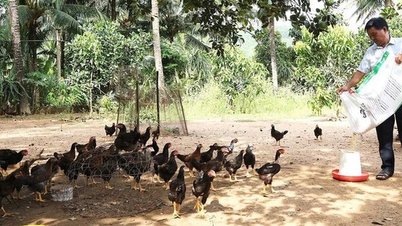
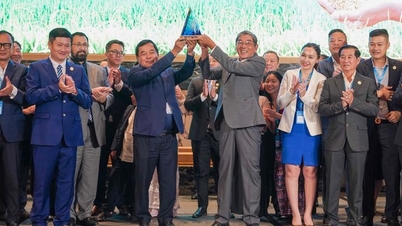



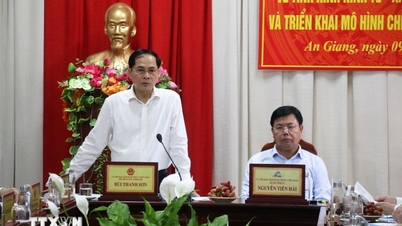



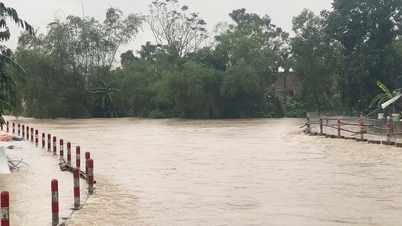



















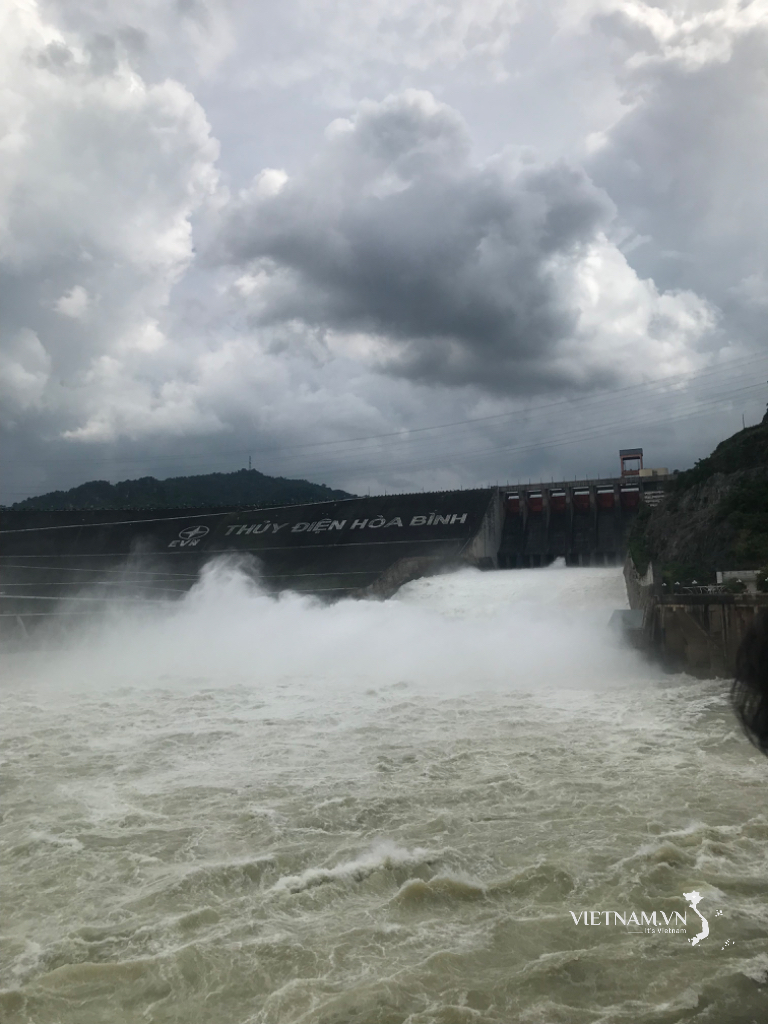

Comment (0)